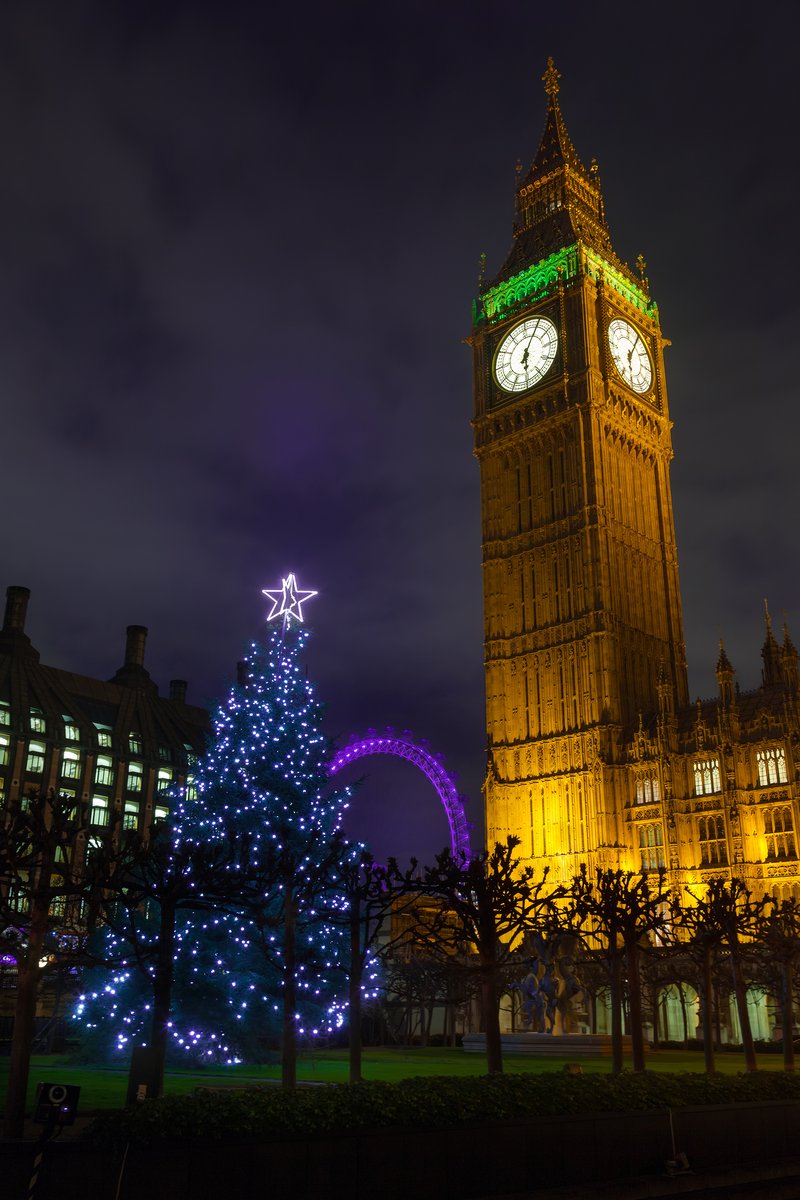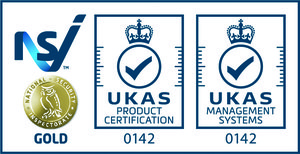The Enduring Organising Principle the UK Government Needs
The media headlines this summer would suggest that welfare is the preoccupying concern of this government. Yet in papers that have received scant attention, PM Starmer has declared the organising principle of this government: and it is focused on warfare not welfare. For, however electorally important welfare is, “national security is the first responsibility of any government”, to quote the PM in his National Security Strategy (NSS). And it is national security that should be the focus for all political parties in their conferences this autumn.
President Trump is returning the world to a Hobbesian state of nature. By openly aspiring to rule Greenland, Canada and Panama, Trump has legitimised imperialism; and it is not just Russia and China that will have noticed. Netanyahu and his extremist supporters in the Israeli government see this as a green light to annex Gaza, which provides a useful distraction of global attention whilst settlers annex the West Bank in direct contravention of International Law. Yet Trump has abandoned the International Rules Based Order that the US did so much to establish and police (however imperfectly); this demands a change of mindset from us all, now that the world we have all grown up in and its assumptions are no more.
Time to remind ourselves that, to quote Hobbes, “The condition of man is a condition of war of everyone against everyone”. The resulting absence of trust, security and cooperation leads Hobbes famously to describe life as “solitary, poor, nasty, brutish and short”. To counter this, nations create laws to enshrine those rights their culture aspires to. And international treaties are created to manage if not prevent conflicts. And common to both domestic and international contexts is the grim reality that laws and rights are dependent on an enforcement mechanism; all human political constructs are only as effective as the ability to enforce them.
Facing the threat from the Soviet Union and Warsaw pact, after WW2, the west established NATO, to be the provider of the trust, security and cooperation that we have taken for granted since its founding in 1949. The US has always paid a disproportionate amount and provided the key (technological, equipment and command and control) enablers in NATO; President Trump is right to insist on greater payment by non-US NATO members. The pledges at the recent NATO summit to spend 5% of GDP on defence and security are the result.
What gives this greater urgency is the judgement by the rest of NATO that the US is not necessarily committed to the Article V core principle of collective defence, whereby an attack on one is considered an attack on all members. This raises the prospect that the rest of NATO needs to plan to fight without the US, and, in extremis, each state must plan on its own resilience.
The government takes this threat seriously with the NSS stating bluntly: “we must actively prepare for the possibility of the UK mainland coming under direct threat.” I suspect that no government has made such an assessment since 1938. The government’s financial response is to increase defence spending to 2.5% GDP by 2027 with an ambitionto reach 3% in the next parliamentary session, with the timing and funding for further increases subject to fiscal circumstances.
But this is a potentially existential mistake, for three reasons. Military, President Putin has put Russia on a war footing for three years; with every year Russian capacity develops while UK capability is left dependent upon improving economic conditions. No wonder the retired CGS General Sir Patrick Sanders has compared the UK to the slowly boiling frog; as Hobbes said, “Hell is truth seen too late”.
Our aim has to be to deter rather than fight a war with Russia. This is incompatible with delay; we are creating a gap that Putin might feel tempted to exploit. Hobbes again: “war consisteth not in battle only, or the art of fighting, but in tracts of time where the will to contend by battle is sufficiently known.” With every delay in funding Defence and security, we undermine the perception of our “will to contend by battle”.
Politically It must be recognised that welfare depends upon warfare to create the safe space in which laws and rights and welfare can be applied. We have been ‘at peace’ and living under the NATO umbrella for so long that we have lost sight of the forces that protect us and allow the freedoms and liberties we take for granted. Hobbes summarises it neatly: “ Conventions without the sword are but words”.
The NSS is clear eyed about the political challenge the country faces in changing its mindset about defence and security. These have for years been seen as the preserve of the MoD or the domestic law and order organisations. Yet the nature of war has changed, with an expanded scope of conflict from military force on force to include “espionage, political interference, sabotage, assassination, electoral interference, disinformation propaganda and IP theft” (NSS). These are not a threat, they are a reality now. That much of the population fails to grasp this shows the need, as the NSS points out, for the government to lead a national conversation to raise public awareness and gain public participation in what must be a whole-of-society effort. Indeed, what is really required is for defence and security to be taken back into public ownership, and taken out of their MoD and security agency box.
Having made this bold statement of need, the autumn party conference season provides the perfect platform to launch this national conversation, to “ mobilise every element of society towards a collective national effort”. And not just for Labour but for all political parties. For the NSS is a “call to action for an whole-of-society effort to make our country stronger and more secure”. This is a national necessity, not a party political issue; it must endure as an intent, and the measures to enact it supported by all parties over time. Only then will it become, as Starmer described it in the Strategic Defence Review, “the organising principle of government”.
More News & insights
View All NewsRecent Resurgence in Somali Piracy – What the Shipping Industry Needs to Know

Mast Security
Security expertise you can trust.
Our team brings decades of political and military experience to the forefront, offering unparalleled insights into operating within high-risk and politically sensitive areas. We understand that navigating these challenging environments requires not just theoretical knowledge, but a depth of practical experience and strategic foresight.






